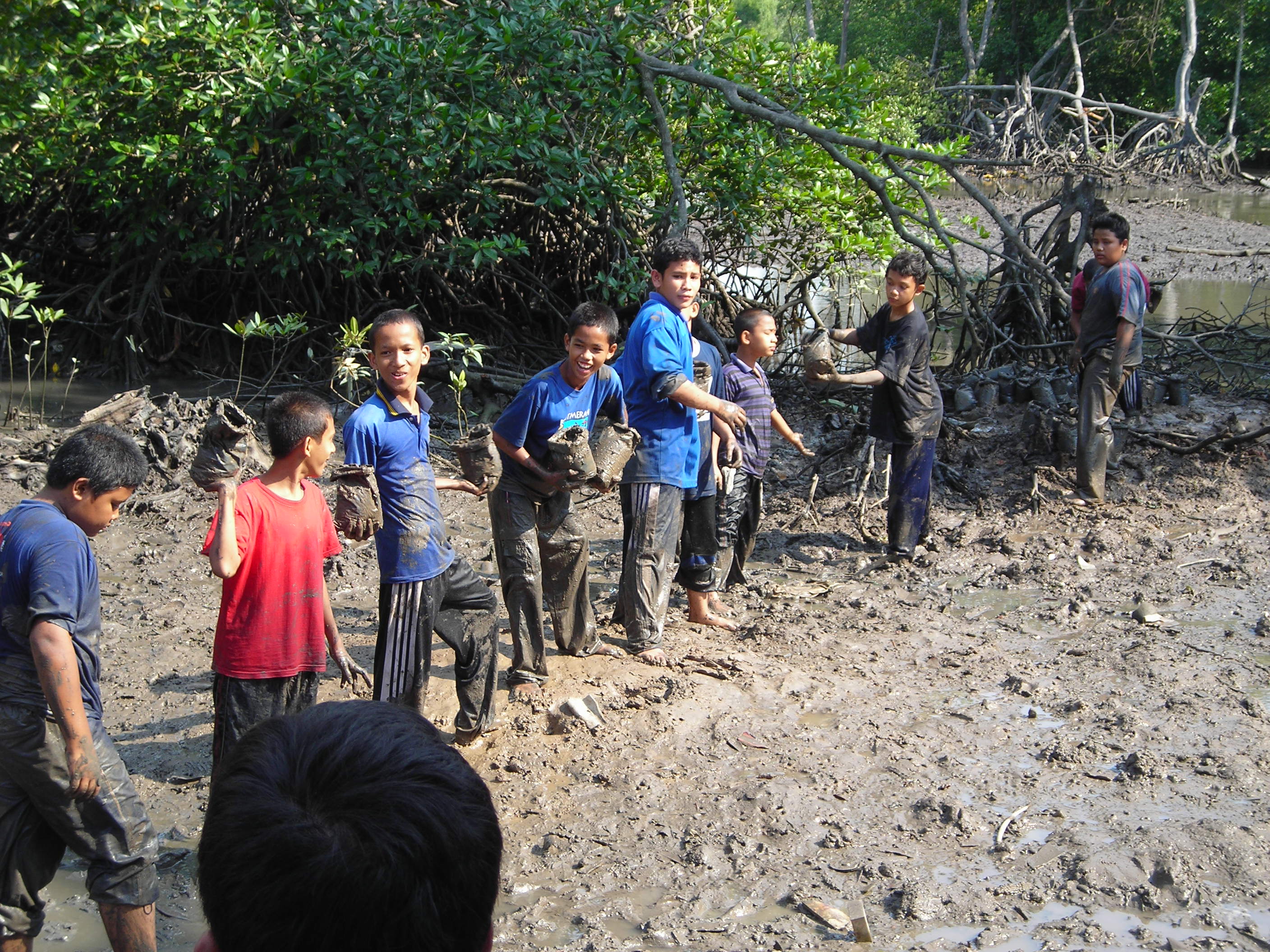
Coastal wetland conservation
-
Coastal wetland conservation
Coastal wetlands such as mangrove forests play a vital role in the safety and food security of millions of people throughout the tropics. Despite their biodiversity and economic values, many coastal wetlands are severely degraded or completely destroyed by development and land conversion. The lack of recognition of the fundamental role coastal wetlands play is a key factor in the degradation and loss of these ecosystems. Hence, the need for greater awareness and coastal wetland conservation initiatives.
Approximately 60% of the world’s mega cities are located along the coasts. This means 23% of the world’s population live within 100 kilometers from the sea. The large number of human populations living within these areas means putting pressure on coastal and delta wetlands as these ecosystems are continuously developed for housing and agricultural activities.
Coastal wetlands play an integral part in supporting the livelihood of local communities by providing food and shelter and other functions such as coast line protection, flood mitigation, carbon sequestration etc. However, unsustainable development and over-harvesting of resources has led to the degradation and loss of coastal wetlands.
To prevent further decline of some of the most important wetland gems and their unique biodiversity we work with communities, government agencies and the private sector to monitor threats and develop practical on-the-ground conservation solutions.
We develop and implement management plans for selected sites, and define action plans to address threats resulting from developments on-site, as well as those that emerge elsewhere along the coast or upstream. We focus our work on sites that are of high importance for migratory waterbirds, as nursery grounds for fish, or in more general terms on areas that have a particularly unique wilderness value.
